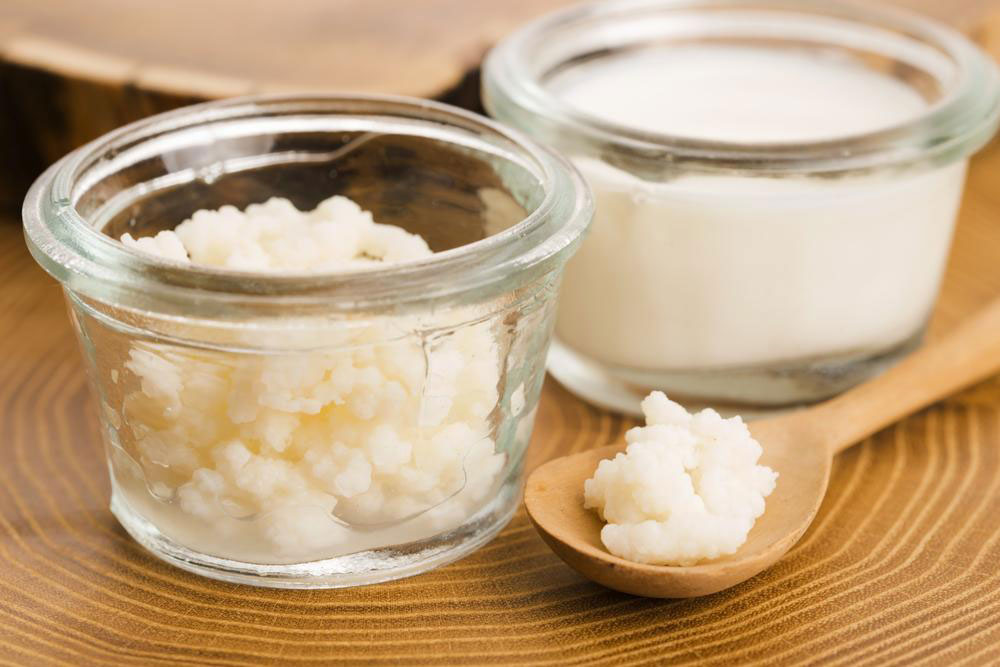Comprehensive Guide to How Probiotics Improve Digestive Health and Alleviate Discomfort
This comprehensive guide explains how probiotics support digestive health and alleviate discomfort. It discusses key probiotic strains, their benefits, and ways to incorporate them into your diet. Learn how probiotics help balance gut bacteria, promote nutrient absorption, and reduce issues like constipation and bloating. The article emphasizes choosing clinically proven strains and combining probiotic intake with a healthy lifestyle for optimal digestive wellness.

Understanding the Role of Probiotics in Enhancing Digestive Wellness and Reducing Discomfort
Probiotics are live beneficial microorganisms that play a vital role in maintaining and improving digestive health. These microscopic allies, including strains such as Lactobacillus and Bifidobacterium, are naturally present in various fermented foods and dietary supplements. Their primary function is to promote a balanced environment within the gastrointestinal (GI) tract, ensuring optimal digestion and absorption of nutrients.
Research has consistently shown that probiotics can be highly effective in alleviating common digestive disorders, especially constipation, bloating, and irregular bowel movements. By introducing beneficial bacteria into the gut, probiotics help restore microbial balance, which can be disrupted by poor diet, stress, antibiotics, or illness.
One of the key mechanisms through which probiotics exert their effects is by producing lactic acid and other organic acids. These acids lower the pH level in the colon, creating an environment less hospitable to harmful pathogens and promoting healthy bacterial growth. Additionally, this acidification stimulates natural muscle contractions within the intestinal walls, facilitating smoother bowel movements and reducing the feeling of bloating and discomfort.
Choosing the right probiotic strains is critical for effectiveness. Not all probiotics are created equal; clinically validated strains such as Bifidobacterium animalis subsp. lactis BB-12, Lactobacillus rhamnosus GG (LGG), Bifidobacterium longum, and the multi-strain VSL#3 product have demonstrated substantial benefits in scientific studies. Ensuring these strains can survive the harsh acidic environment of the stomach and reach the intestines intact is essential for their therapeutic action.
Incorporating probiotic-rich foods into your diet is a natural way to support digestive health. Popular options include unsweetened yogurt, kefir, sauerkraut, kimchi, miso, and tempeh. For those seeking more targeted benefits, dietary supplements in the form of capsules, powders, or sachets are available. When selecting supplements, it's important to look for products that specify the probiotic strains, colony-forming units (CFUs), and certification of survivability through stomach acids.
Adding probiotics to your daily routine can significantly improve bowel regularity, reduce gastrointestinal discomfort, and promote overall gut health. However, it’s advisable to consult with a healthcare provider to determine the most suitable strains and dosages for your specific needs. Maintaining a healthy diet, staying hydrated, and managing stress levels complement the benefits of probiotics, providing a holistic approach to digestive wellness.
In conclusion, probiotics are a powerful tool in managing digestive health. With their ability to restore microbial balance, produce beneficial acids, and stimulate intestinal motility, they can ease common issues like constipation and bloating. As research advances, the role of specific probiotic strains in disease prevention and health promotion continues to expand, making them an essential component of a healthy lifestyle aimed at digestive comfort and overall wellness.





